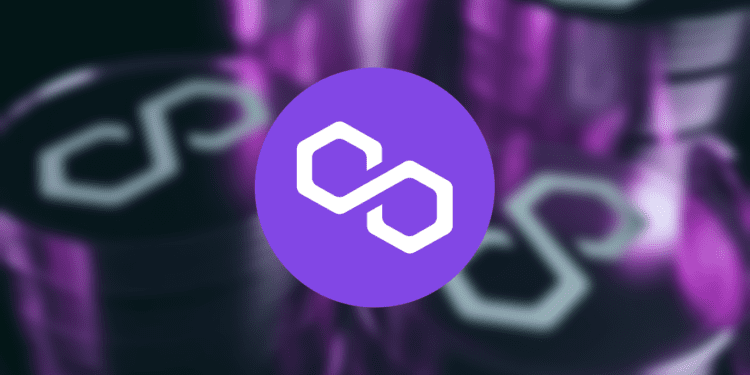- Polygon’s co-founder has proposed an upgrade for the Polygon Proof of Stake (PoS) chain, aiming to integrate it with zero-knowledge (ZK) technology.
- The proposed zkEVM validium upgrade will increase compatibility with the Ethereum Virtual Machine (EVM), allowing validation proofs to stay on the main layer while transaction data is stored on a separate chain.
- This approach promises to strike a balance between lower transaction fees and increased security.
In a world where blockchain technology constantly evolves, Polygon, a prominent Ethereum scaling solution, is still being noticed. In an ambitious bid to make its network more robust, efficient, and future-proof, Polygon’s co-founder, Mihailo Bjelic, recently proposed a groundbreaking upgrade for the platform. Bjelic has advocated converting the Polygon Proof of Stake (PoS) chain into a zkEVM validium. The idea is to integrate zero-knowledge (ZK) technology into the main chain, enhancing its security and scaling capabilities.
In the pre-proposal discussion post released on June 20, Bjelic elucidated the key benefits of this transformative upgrade. His vision was to augment the blockchain framework, making it more “future-proof,” and eliminate reorgs. The upgrade could expedite transaction confirmations and improve scalability, a huge step forward in blockchain technology. If the Polygon community approves this proposal, the platform will likely become one of the industry’s most secure and efficient blockchains.
This proposed upgrade resonates with the ongoing rebranding campaign of Polygon as it transitions to Polygon 2.0. The anticipated series of announcements regarding its blockchain, token, and governance are expected to usher in an exciting new phase for the platform.
The Intricacies of zkEVM Validium
So, what is zkEVM validium? The term might seem like technical jargon to many, but it’s a key concept in the blockchain realm. In essence, it’s about enhancing a blockchain platform to be more compatible with the Ethereum Virtual Machine (EVM) while using ZK technology for increased security.
Bjelic proposes transforming the PoS chain into a ‘zkEVM validium.’ Unlike ‘rollups’ that store compressed transaction data on Ethereum, ‘validiums’ keep the validation proofs on the main layer while the actual transaction data is stored on a separate chain. This approach offers an excellent trade-off between lower transaction fees and increased security while still inheriting Ethereum’s security.
On the one hand, validiums don’t publish transaction data to Ethereum, which helps to reduce fees. On the other hand, they improve scalability by using an off-chain data availability model. In this proposed structure, the current validator set of Polygon PoS will provide transaction data availability, the staking token will continue to be $MATIC, and stakers will continue to earn transaction fees.
Embracing the Future
Once implemented, this monumental upgrade could bifurcate Polygon’s functionality based on transaction value and user needs. High-value transactions, where security is paramount, could lean towards Polygon zkEVM. On the other hand, sectors like gaming and social media, which demand high transaction volume and low fees, could benefit more from the upgraded Polygon PoS (zkEVM validium).
With this upgrade, Polygon is set to be at the forefront of the industry’s evolution, paving the way for an enhanced blockchain experience. If approved, the upgrade could go live on the mainnet by the end of Q1 2024. It’s an exciting proposition that could redefine blockchain usability, security, and scalability as we know it.














